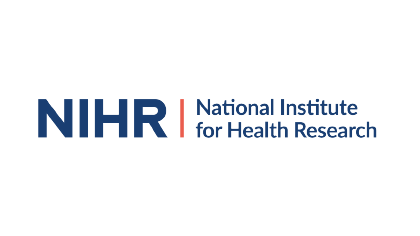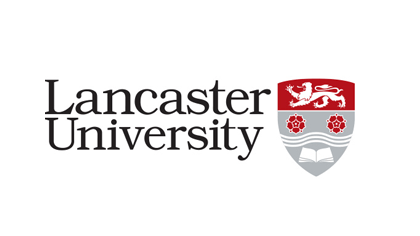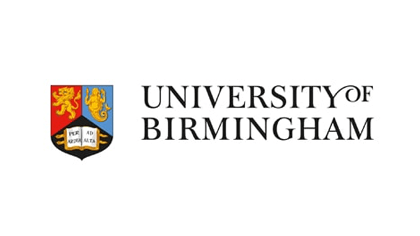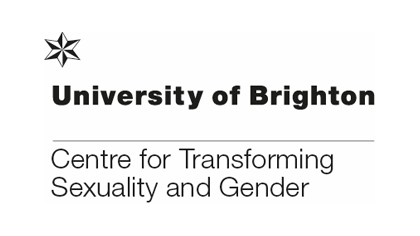Research team
The research project is being run by the Universities of Lancaster, Leeds, Brighton and Manchester.
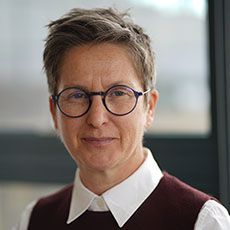
Prof Liz McDermott
Professor of Mental Health & Society; Deputy Director of the Institute for Mental Health
Chief Investigator
View Profile
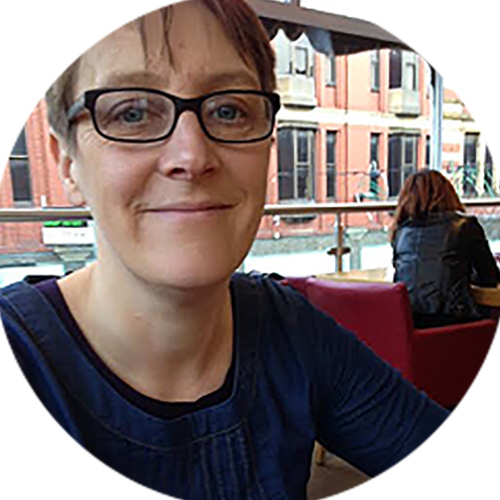
Prof Liz Hughes
Professor of Mental Health
View Profile
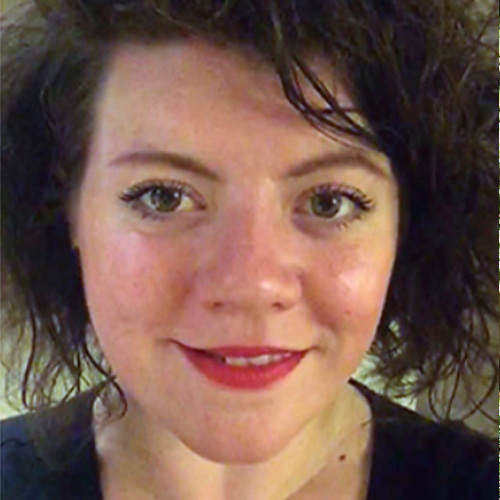
Dr Rachael Eastham
Senior Research Associate
View Profile
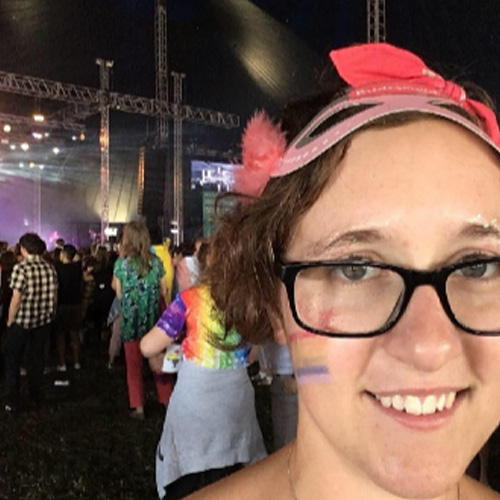
Dr Emily Pattinson
Research Fellow
View Profile
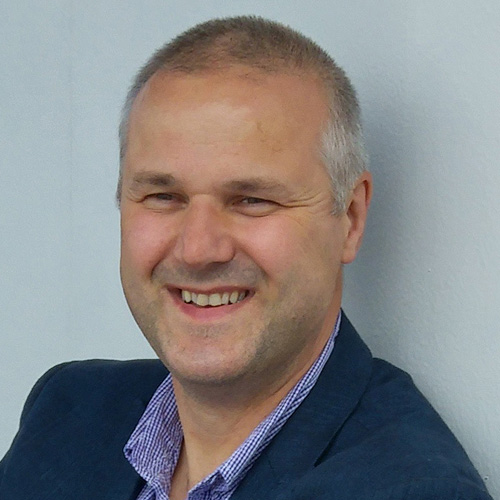
Prof Steven Pryjmachuk
Professor of Mental Health Nursing
View Profile
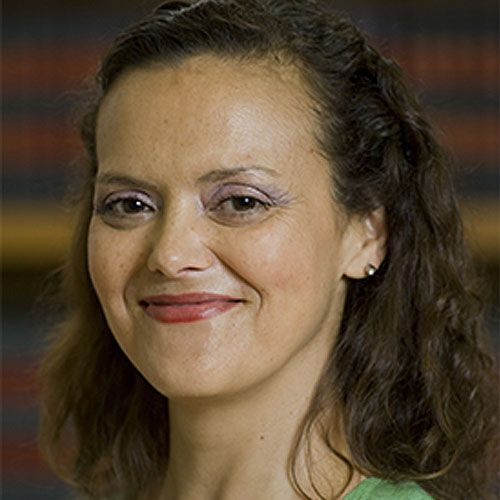
Dr Ceu Mateus
Senior Lecturer in Health Economics
View Profile
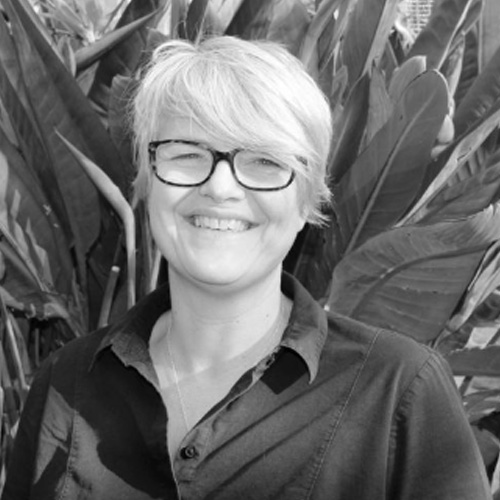
Prof Katherine Johnson
Visiting Professor in the Centre for Transforming Sexuality & Gender
View Profile
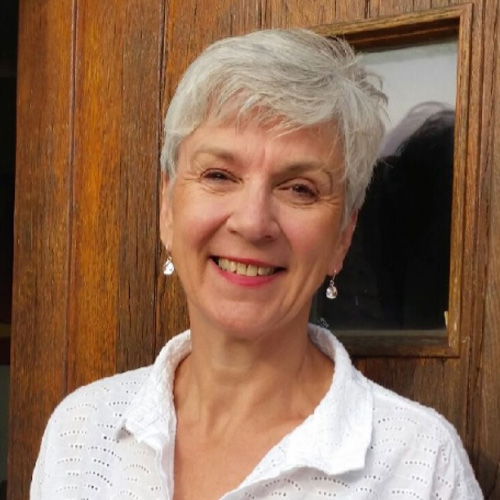
Prof Flis Henwood
Professor of Social Informatics
View Profile
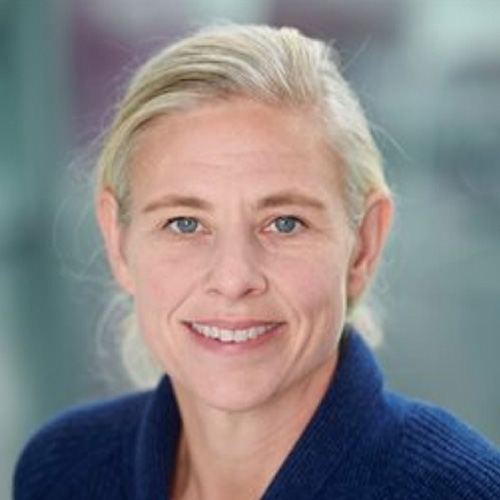
Dr Olu Jenzen
Director of the Research Centre for Transforming Sexuality & Gender
View Profile
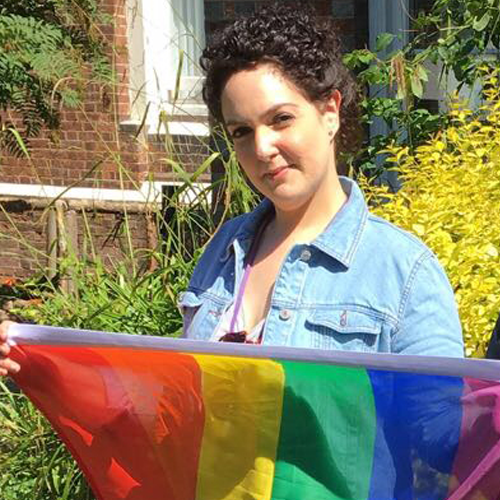
Anna Roscher
LGBT Youth Worker
View Profile

Charlie Tebrook
Service User
View Profile
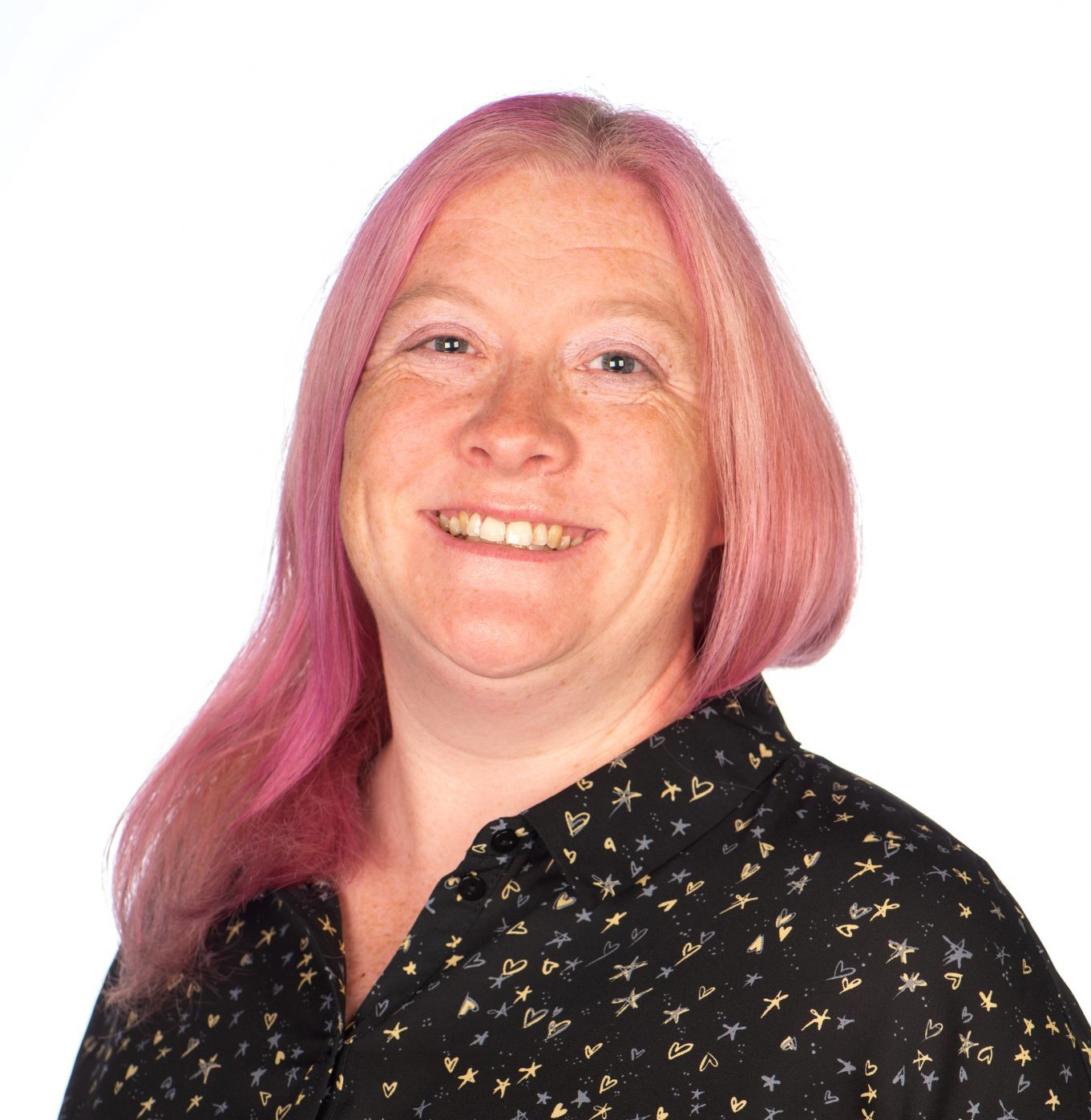
Shelley Watson
Project Administrator
View Profile

Dr Stephanie Davis
Research Officer
View Profile
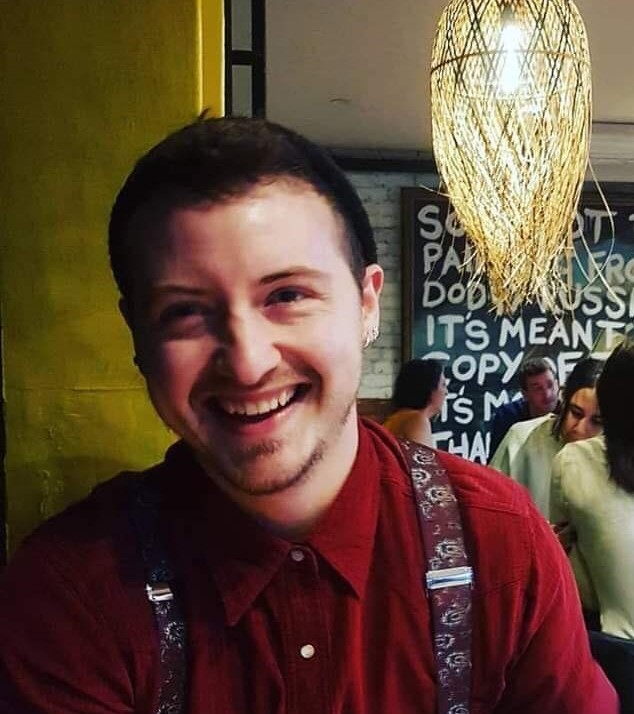
Dr Felix McNulty
Research Associate
View Profile
Advisory Group
We are lucky to have a group of people who are helping us to get things right. They work in health, education, and the voluntary sector. We are pleased to be working with:

Andy Kerr
Mental Health Commisioning Manager
View Profile
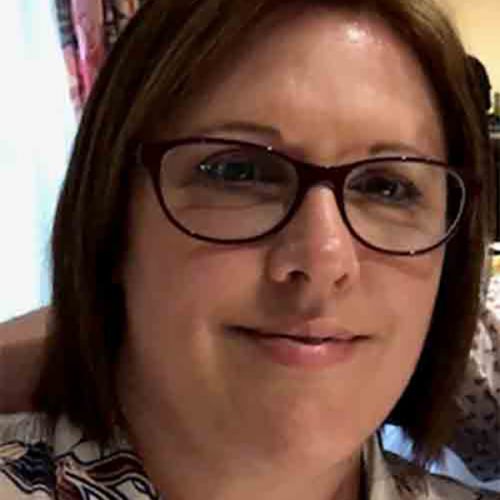
Emily Edwards
Senior CAHMS Commissioning Manager
View Profile
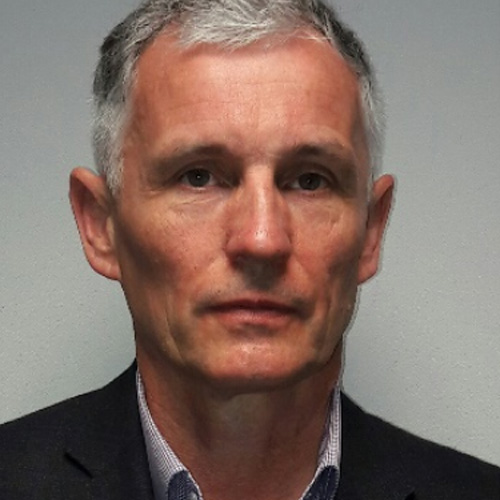
Stephen Woods
Head of Service Improvement
View Profile

Polly Blaydes
LGBT+ Staff Network Chair
View Profile

Jane Davies
Senior Mental Health Nurse Practitioner
View Profile

Louise Theodosiou
Consultant Psychiatrist
View Profile
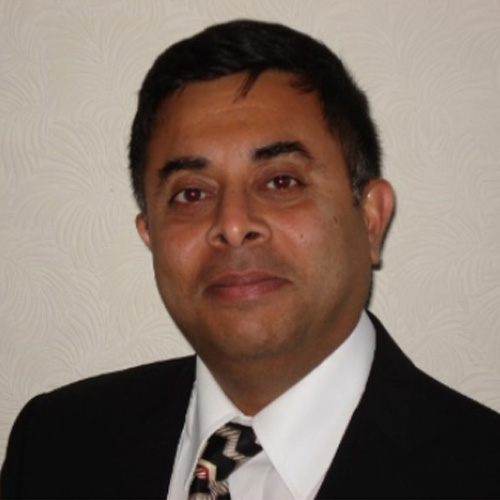
Dr Amulya Nadkarni
Consultant Child and Adolescent Psychiatrist
View Profile
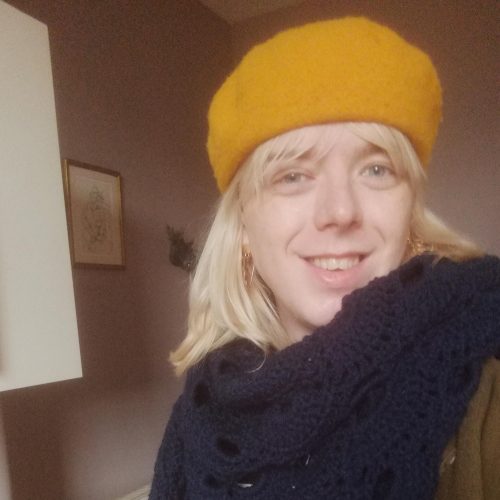
Cara English
Policy Engagement Officer
View Profile
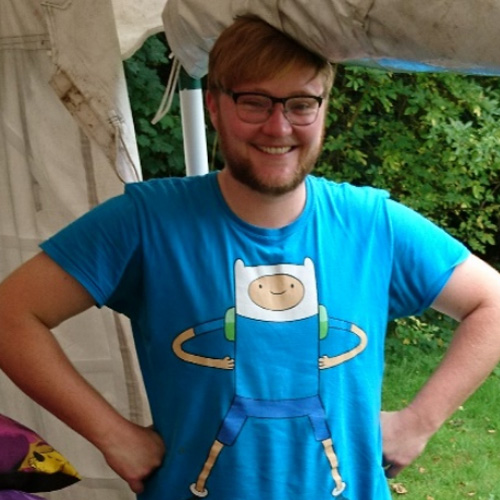
Finn Greig
Youth Work Lead
View Profile

Dr Ali Hanbury
LGBT+ Centre Manager
View Profile
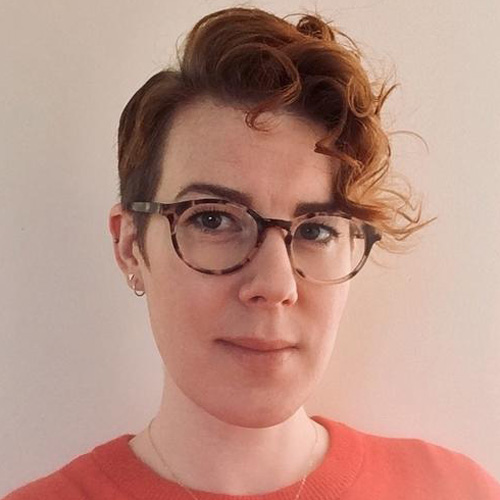
Harri Weeks
Stakeholder Engagement Manager
View Profile
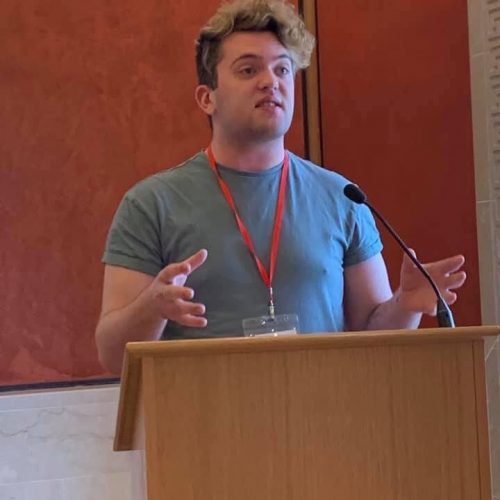
Lee Cullen
Area Youth Officer
View Profile
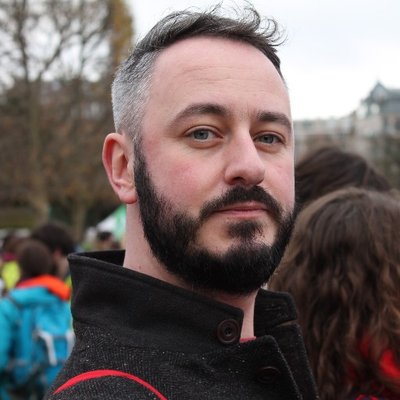
Paul Daly
Senior Practitioner (Policy & Research)
View Profile

Rachel Benson
Equality, Inclusion and Programmes Manager
View Profile
Our thanks go to the following:
Allsorts is an LGBTQ+ youth specific service in the South of England that supports LGBTQ+, questioning and unsure youth in navigating some of the challenges of being young and being LGBTQ+, questioning, and unsure. The service offers: a combination of inclusive LGBTQ+ and exclusive trans and gender questioning youth groups; one-to-one emotional support; and an advocate service. They also offer urgent need advocacy supporting LGBTQ+ youth to access emergency support such as food parcels and financial aid. Allsorts values youth participation, ensuring service users can provide feedback as well as volunteer within the service. A CAMHS Assertive Outreach team member works on secondment at Allsorts’ drop-in to support referrals, and an LGBT CAOT works in a bridging capacity between Allsorts and mainstream CAMHS. Allsorts receives CCG and council funding to deliver monthly groups, one-to-one support, and advocacy.
Cara Friend is an LGBTQ+ youth specific service in Northern Ireland that offers support in groups and one-to-ones that is distinct from ‘formal’ mental health support. Instead, they support young people to access the types of ‘professional’ help they may need and offer a listening ear, run personal development sessions, and host mental health professionals to run workshops. Cara Friend are committed to social change and work hard to train schools and companies around LGBTQ+ inclusivity. The service covers a large area and works hard to maintain contact, sending a mail out every day. Cara Friend receives funding from charitable trusts and funds such as Children in Need.
42nd Street is an integrated service that provides mental health support for young people but also has specific LGBTQ+ activities such as the Q42 group, which provides peer support with a focus on building a support website for other LGBTQ+ young people. There is also one-to-one support available although there is a waiting list to access this. The service includes many ‘out’ staff and displays LGBTQ+ history, and the setting is designed by young people. 42nd Street receives funding from charitable trusts and funds such as Children in Need.
Gendered Intelligence is an LGBTQ+ youth specific service dedicated to trans, non-binary, gender diverse and gender questioning young people, and provides space for young people to explore gender identity and expression in a safe and supportive environment. Gendered Intelligence runs youth group sessions covering different age groups, and provides specific groups for young trans people of colour and trans feminine young people. The service also runs a popular annual summer residential, in which trans youth can have 4 nights away with trans only staff to build community, make friends, experience a trans only space and have fun. Gendered Intelligence generates funding from training income, grant funding, individual donations and legacies, and crowdfunding for the annual summer camp.
Hugh Baird’s College’s ‘The POD’ is an educational mental health service functioning as a ‘one stop shop’ for the needs of students, offering financial, academic, wellbeing and mental health support within the college building. Although the service is not specifically designed for LGBTQ+ young people, the staff have received specific training and the service hosts LGBTQ+ specific events and workshops to meet the needs of LGBTQ+ students, such as pride and awareness activities, diversity events, and make up classes for trans students. The POD also uses the experiences and voices of their students to further develop the service and the wider college, by planning and developing specific events and providing appropriate training and information for staff and students to make the college a welcoming, safe place.
The Intercom Trust is an LGBTQ+ specific youth inclusive service for LGBTQ+ and questioning adults and young people, with separate services for adults and youth. The service offers one-to-one support and youth groups for under 18s, and an additional counselling service for over 18s. One-to-one support is offered in schools as well as within the community, and was offered via phone or Zoom during the pandemic. Intercom Trust support workers are also able to offer advocacy, such as supporting a young person in understanding their rights at school or in accessing medical support. The Intercom Trust receives charity and grant funding, generates income from training and consultancy services, and receives funding for help support and advocacy services from CCGs and local authority police and crime commissioners.
LGBT+ Notts is an LGBTQ+ specific youth service, focusing on youth groups and activities to reduce isolation, provide information and build social structures. The service is interlinked with TalkZone, which provides mental health support with two specific counsellors delivering the LGBTQ+ service. LGBT+ Notts has a friendly safe space for LGBTQ+ young people with displays and resources relating to LGBTQ+ culture. The youth group activities are designed in collaboration with LGBTQ+ young people. The service offers entirely gender neutral facilities, and has specific groups and sessions designed for trans and gender diverse young people. LGBT+ Notts receives charity and grant funding for its youth work, with counselling funding provided by the local CCG.
Off The Record is an integrated youth service, unique in identifying as a social movement for supporting the mental health of young people. Freedom is the specific group within the service working with LGBTQ+ young people, alongside multiple groups with different specific focus, including Project Zazi for young people of colour, and specific groups relating to body image. The service offers support in varied and creative ways, including counselling (including LGBTQ+ specific counselling), wellbeing practitioners, drop-in hubs, and peer support. Some staff attend LGBTQ+ and equalities groups in schools, and Off The Record has a specific CAMHS partnership which means that if a young person is accessing other types of mental health support this can happen in a more young person friendly way. Off The Record receives CCG funding for the largest proportion of its work, with grant and charity funding covering a small number of posts.
The Sandyford service is an NHS service comprising three streams: a youth service for anyone under 18 years old, a gender service for anyone seeking support around gender identity, and the Steve Retson Project, a service designed specifically for men who have sex with men. The clinicians and counsellors in the service aim to provide a wide range of support techniques for LGBTQ+ young people in the Glasgow area, offering a variety of counselling, CBT and wellbeing support services. Sandyford operates as a one stop shop for health and support needs, and provides referral pathways to other NHS services such as GIDS and CAMHS. Sandyford is funded entirely by the NHS.
YPAS is an integrated youth service with a specific LGBTQ+ strand and a skilled team of LGBTQ+ staff. The service centre offers mental health support such as counselling, as well as LGBTQ+ groups including a group for young people aged 12-18 who identify as trans or gender non-conforming. The LGBTQ+ workers are also able to provide support to young people with issues such as how to come out at school. YPAS is funded by CAMHS and Liverpool city council.
The Proud Trust is an LGBTQ+ youth specific service, one of the largest and longest-running in the UK. The service makes a big effort to consider different intersections with LGBTQ+ experience, taking into account faith, race and ethnicity, and experiences of care. The Proud Trust run groups and other activities designed to make young people feel good and make friends, rather than focusing directly on mental health topics. The service’s new centre was co-designed with young people. A counselling service is also available, with a short waiting list. The Proud Trust is funded by multiple CCGs.
SAYiT is an LGBTQ+ youth specific service which, while not being a mental health specific support service, can arrange for young people to have counselling for free through one of their LGBTQ+ affirmative counsellors either at the service or off site with the counsellor. SAYiT have also done specific work around developing support for SEND LGBTQ+ young people, especially in relation to autism. The SAYiT centre has a sensory calm area, and offers different aged LGBTQ+ youth groups and one-to-one support, as well as a hardship fund to support young people to attend or help with other support that may be needed for a young person to access and participate in the service. SAYiT receives charity and grant funding, council funding, and has one corporate sponsor.

